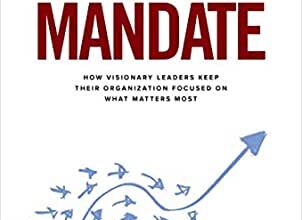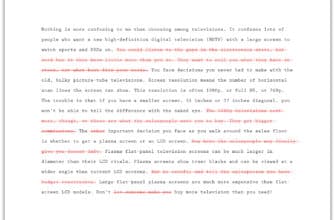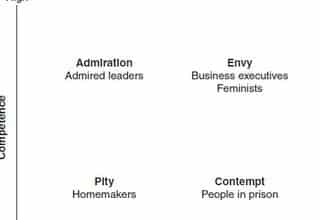When engaging in a heated debate, how do you convince your opponent to abandon their stance and jump onboard yours? Most of us try to prove our point with a barrage of graphs, charts, statistics, and research studies. We cite last week’s 60 Minutes interview and regurgitate the numerous articles we’ve read. And then we wonder why we were unsuccessful in changing anyone’s minds. As a result, it would behoove us to consider whether logic-based arguments are effective.
There is plenty of research illustrating the ineffectiveness of logic as a persuasion tool. A study in the Journal of Personality and Social Psychology found that when participants were presented with a counter-argument for the death penalty, not only did individuals not change their minds, rather they ended up with more extreme views than before the experiment began—those for the death penalty became more for it, those against it became more against it. Classic biased assimilation.
The idea of biased assimilation effect, where we tend to believe ideas that synchronize with what we already believe, is not new—research like the one previously mentioned has been replicated with everything from climate change to health. It turns out that biased assimilation effect is the very barrier we are trying to overcome when engaging in a debate.
Getting back to my original question about the effectiveness of logic-based arguments, there is plenty of research showing that utilizing emotion is more persuasive than logic. One study concluded that up to 90% of decisions are based on emotion. But what if this is not accurate? What if biased assimilation effect supersedes both emotion and logic?
In a classic study by Randall Reuchelle, students prepared speeches written from either a logical or an emotional standpoint. While we may argue about the use of emotion over logic, Reuchelle found that speeches displaying a message the evaluator agreed with were rated as more logical even if they were intended to be emotional, and those the evaluator did not agree with were considered to be more emotional even if they were intended to be logical. This means we can’t even distinguish between facts and opinions; biased assimilation effect is too powerful.
As leaders, we must be equipped to overcome biased assimilation effect. While there is a strong case for utilizing emotion over logic, you have a more powerful case when you use them together. Start by employing a healthy dose of storytelling and personal anecdotes. This will inject the emotions necessary to connect with the audience, lower defenses, and allow for a more open-minded conversation.
Once you’ve created a mutual understanding, sprinkle in the relevant facts. This use of logic creates a necessary foundation for emotion. It justifies actions and provides the evidence others can rely upon.
We are in a constant battle against biased assimilation effect. It shuts down the open flow of ideas and precludes us from reaching consensus. Instead of conceding with the weak acceptance that we can “agree to disagree,” develop your ability to articulate logical points that reverberate with your audience. Then use your emotional radar to trigger emotions that embody your case. It is not easy, but changing someone’s mind never is.








